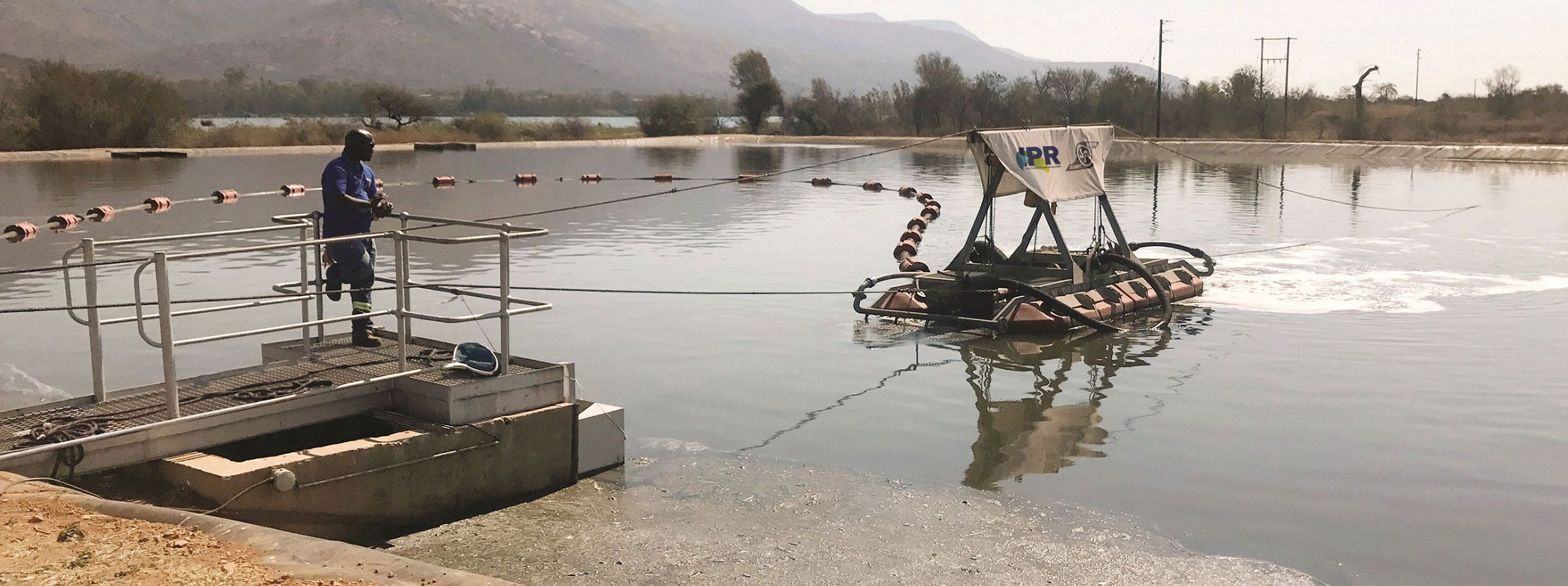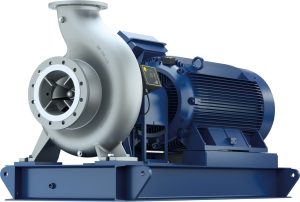As the rainy season looms, the need to clear silt from water storage and process dams has become critical. Silt build-up drastically reduces storage capacity, risking overflow and severe environmental damage. Specialty dewatering pump company, IPR (Integrated Pump Rental) urges operators to act swiftly and desilt their facilities to ensure they can handle the anticipated rainwater. According to IPR MD Lee Vine, many dams are already nearing full capacity due to accumulated silt, posing significant risks if not properly maintained.
Vine emphasises the risks associated with silt build-up over time. Many water storage facilities are already near their maximum capacity due to accumulated silt, and the expected heavy rains could have disastrous effects if these dams are not properly maintained.
“It is essential to maintain the required storage volumes in water storage dams, settlement ponds and similar reservoirs,” Vine says. “Equally important is the regular cleaning and desilting of these facilities to prevent overflows that could lead to environmental damage during periods of heavy rainfall.”
Vine says that IPR has seen a growing demand for its SlurrySucker desilting solution as more operators become proactive in managing their water storage facilities. This trend spans various industries where water is crucial for recycling or process-related activities, including the management of settlement ponds.
However, he warns that desilting these facilities is not as simple as it might appear. The process involves pumping high solids material from the storage facility, which can be challenging if the wrong equipment is used. Incorrectly specified systems not only reduce efficiency but can also lead to environmental harm.
“Traditional methods like manual excavation have proven to be inefficient and often fail to remove the necessary volume of sediment,” Vine explains. “Our experience and proven track record show that a more systematic approach is needed to achieve effective and cost efficient desilting.”
IPR’s team of dewatering experts plays a critical role in this process, starting with a site visit to assess the specific needs and conditions of each application. Depending on the situation, high solids material may be pumped to a nearby dam or reservoir. Alternatively, the material can be captured in geotextile bags where water is separated from the solid content.
Once the dam or pond’s condition has been assessed, the team decides on the best course of action. The SlurrySucker requires a sufficient volume of water to operate, and in cases where water levels are low, a hydro-mining solution is employed for the drier areas.
The SlurrySucker is designed for high performance desilting, equipped with a powerful pump capable of handling large volumes of solids. For areas with particularly dry slurry, monitoring guns are used to direct the material towards the discharge point. Additionally, the system can be complemented with specialised pumps featuring chopper blades to manage plant debris like reeds.
Manufactured locally by IPR, the SlurrySucker is built to handle a variety of high solids materials, including coal slurry, silt and sand. Vine also highlights the safety benefits of using the SlurrySucker, which can be remotely operated, keeping personnel at a safe distance from the water’s edge
“What is most important is that this environmentally friendly solution is available for rent which means that operations can take the important step to ensure that water storage facilities are desilted before the rainy season is upon us. The SlurrySucker offers an efficient, cost effective and safer alternative to traditional methods, and we continue to assist operators to avoid the risks associated with silted-up dams and ponds,” Vine concludes.





